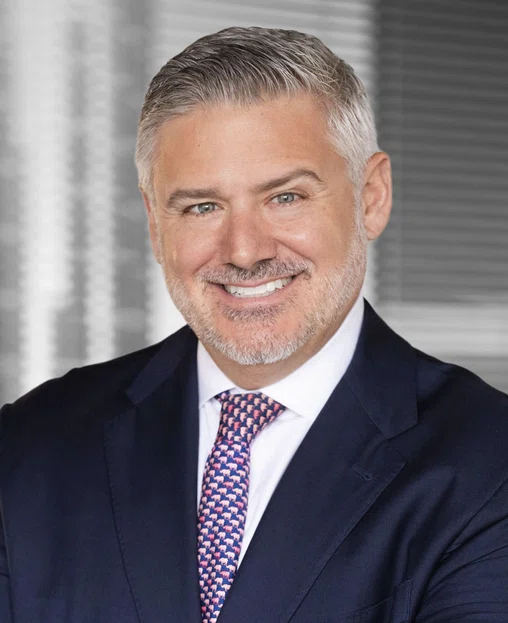Published in London & New York
10 Queen Street Place, London
1345 Avenue of the Americas, New York
Creditflux is an
company
© Creditflux Ltd 2024. All rights reserved. Available by subscription only.


News
Special situations funds shift from distressed debt to flexible, all-weather capital strategies
by Lisa Fu
Special situations funds used to be known for capturing opportunities in distressed credit cycles. But as struggling companies turn to liability management techniques to gain the upper hand against lenders, a new bankruptcy-lite environment is forcing funds to play across the capital stack in good times and bad.
“Restructuring is becoming a much smaller part of special situations because companies don’t go bankrupt,” said Ray Costa, head of special situations/distressed debt at Benefit Street Partners. “The strategy has totally evolved in the past five to seven years.”
Managers today position their special situations strategy as one that is less focused on finding pure distressed deals and more as a broad capital solutions provider that can deploy in any environment, market participants say.
Special situations funds closed at USD 14.2bn globally over the 12 months ending 14 June 2024, according to Creditflux data. In recent weeks, Silver Point Capital held a USD 4.6bn final close on Distressed Opportunities Institutional Partners II, Polus Capital Management corralled USD 5bn for its special situations strategy, and Monarch Alternative Capital raised more than USD 4.7bn for Monarch Capital Partners VI.
“I would define special situations as higher return potential than regular credit. [These] situations often require a bespoke solution… there’s some kind of complexity,” said Oaktree’s special situations group co-portfolio manager Matt Wilson.
Oaktree’s strategy includes three investment categories — structured equity, direct equity and distress for control. The LPs understand that the mix of these investments is dependent on the economic cycle.


These situations often require a bespoke solution… there’s some kind of complexity
Matt Wilson
Co-portfolio manager
Oaktree Special Situations Group
Most special situations opportunities today revolve around a manager offering a tailored capital solution to a company or shareholder group, rather than buying debt for control, Wilson added. “Buying distressed debt for control was easier when debt covenants widely existed and were tighter, 10 to 15 years ago. Recent documents for secured debt are total Swiss cheese, allowing the borrower a ton of flexibility to do things like move assets out of reach.”
Leonard Klingbaum, a partner at Ropes & Gray, said the absence of financial maintenance covenants means more companies are run to the brink of bankruptcy. “A lot of these situations are not actionable, and they’d rather leave it to the existing lenders to figure it out.”
Mandates today often use a variety of debt instruments to deliver attractive returns for LPs across all market conditions, said Allan Schweitzer, portfolio manager at Beach Point Capital Management. This is a departure from traditional distressed funds, which served to fill an LP’s allocation bucket for distressed debt. Institutional investors 15 years ago would anticipate a distressed cycle, plan a set allocation to distressed strategies, and pick out a special situation fund.
“In the past, managers with distressed mandates would go out and invest in distressed no matter what the opportunity set was,” Schweitzer said. LPs have now become more open to all-weather strategies that give managers flexibility to invest as they wait for a distressed period to strike, he said.
“It’s hard to predict what six to seven years looks like,” Schweitzer added. “You have to set up and be thoughtful that these are living structures. They must have built-in flexibilities to be able to allocate assets depending on the economic environment.”
Samuel Norris, a partner in Hogan Lovells’ London restructuring and special situations team, said special situations tends to look like collaborative capital. Funds are less aggressive to the company and sponsor than in the past, and they attempt to give the company more runway or liquidity.
“It’s not about taking the keys anymore,” Norris said.





